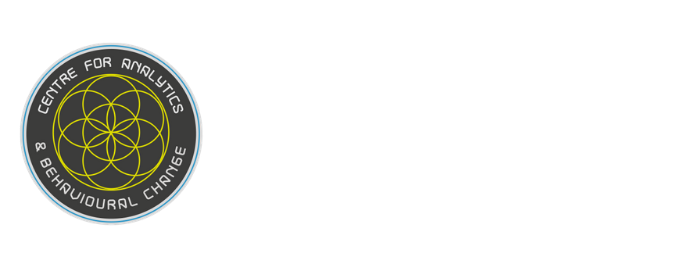Listen to interview
Category: Reports / Case Studies
Xenophobia in South Africa 2022 research report
In the first half of 2022, the extent of xenophobic content related to South Africa on social media increased. The most prominent hashtag in the conversation, #OperationDudula, is characterized by a negative sentiment directed toward foreigners. It appears that this may be a coordinated influence operation. On Nimmo’s breakout scale for measuring the impact of...
Analyzing online narratives in real-time
Social media has undoubtedly become society’s primary source of entertainment, communication, and information. Monthly active Facebook users in Afrika total 139 million, while Twitter records Afrikan monthly users at 50 million.The ease of use of social media has substantially decreased the cost of producing news and information. Small to medium players with efficient tools are...
amaBhungane Analysis: Who is behind South Africa’s xenophobic nationalism?
Evidence gathered for amaBhungane suggests that if South Africa descends into xenophobic violence, it will be disproportionately due to the actions of a few political actors. Read full article
Daily Maverick ONLINE NARRATIVES: Posts about the death of Elvis Nyathi stoke the flames of xenophobia
Online narratives that surfaced following the death of Zimbabwean Elvis Nyathi in Diepsloot appear to have been manipulated to sow discord between South Africans and resident foreign nationals. Read full article
The Diepsloot 7 Report
Between 7 and 8 April 2022, The Centre for Analytics and Behavioural Change was alerted to an online narrative that surfaced following the death of a Zimbabwean man named Elvis Nyathi in Diepsloot on 6 April 2022. News of Nyathi’s death was revealed as tensions continue to build about the work of an organisation called...
DAILY MAVERICK: #OperationDudula — the many faces of Nhlanhla Lux Dlamini
While fears of an escalation of social tensions and violence grow in many communities, the Centre for Analytics and Behavioural Change looked at some of the factors that drive the online conversation around #OperationDudula. Read the full article
VACCINE MIS/DISINFORMATION WEEKLY REPORT #21
For our final Mis/Disinformation report in this format, we look into social media conversationsfrom two platforms – Facebook and Twitter – beginning from late-February into mid-March.Conversations were largely driven by the developments in the Ukraine/Russia War,developments around the Pfizer vaccine, mistrust about vaccine effectiveness and generalconfusion Read full report
VACCINE MIS/DISINFORMATION WEEKLY REPORT #20
This week’s Mis/Disinformation report looks into social media conversations from two platforms –Facebook and Twitter. Conversations were largely driven by developments in vaccine mandatesand regulations, unverified claims which lead to misinformation, conspiracy theories and fear. Read full report




